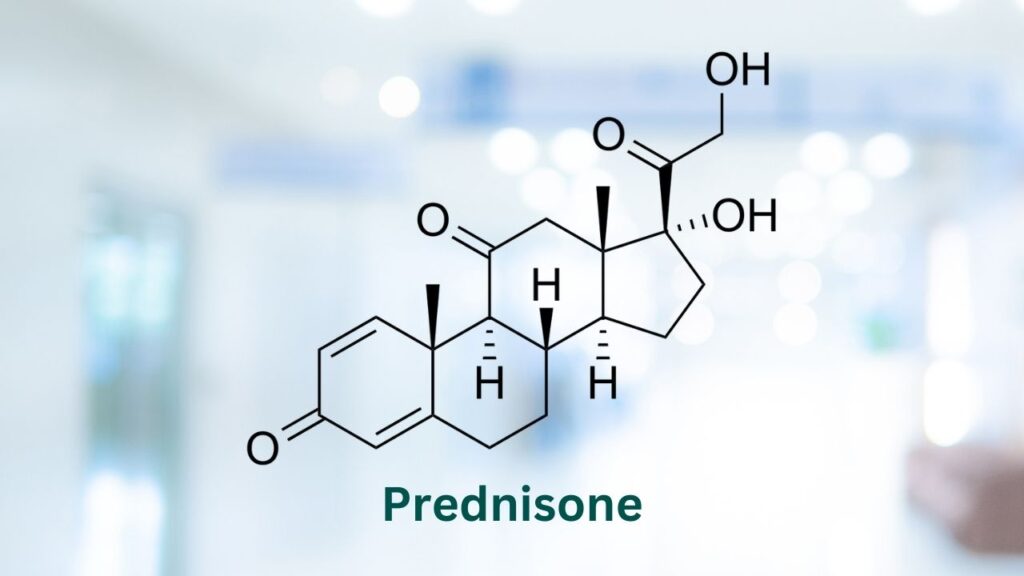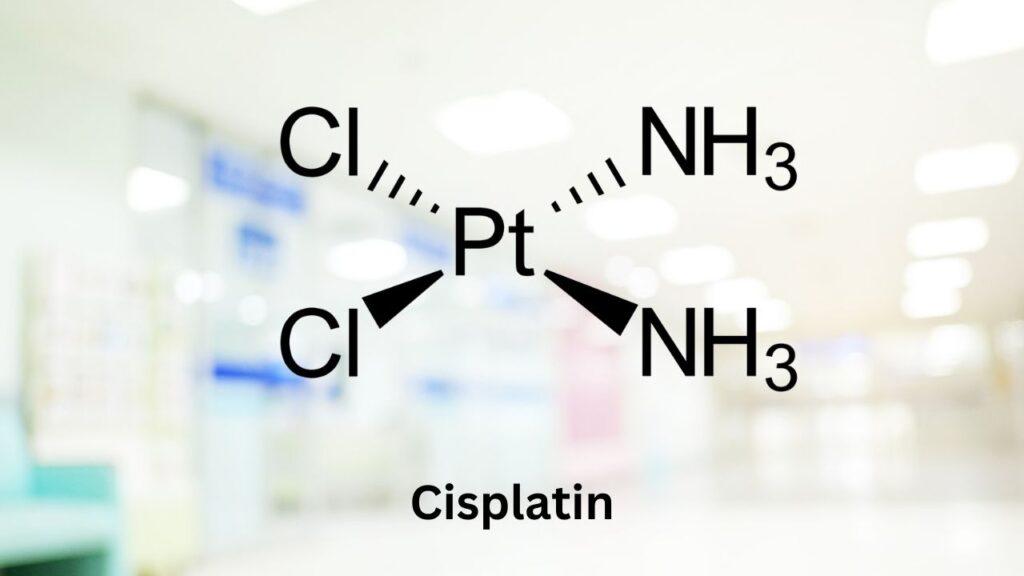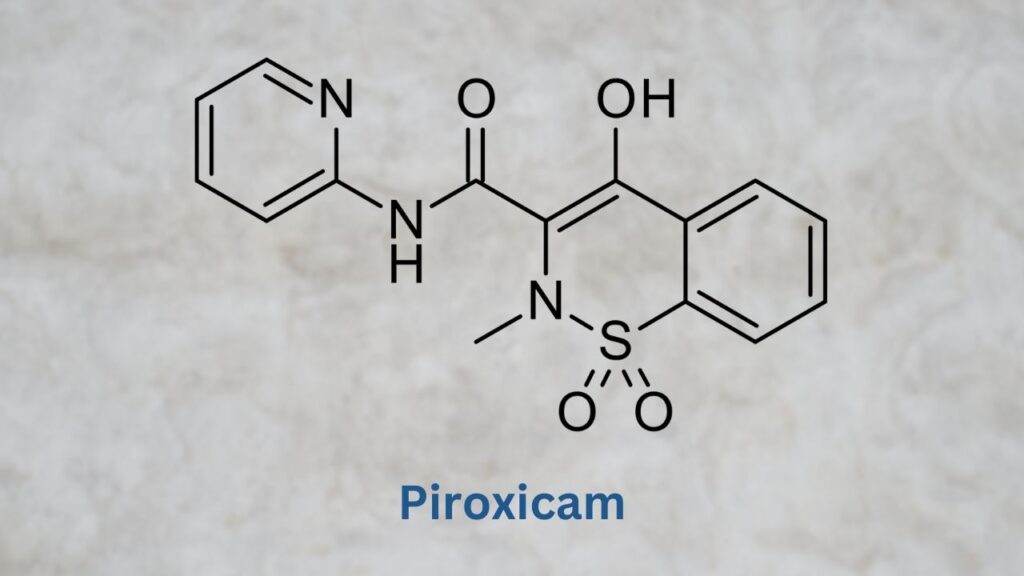Gleevec is considered a miracle drug for treatment of multiple leukemia-type cancers. Also known by its generic name, imatinib for dogs can be given as an oral medication at home, so you and your pup can remain comfortable through treatment.
Key Takeaways
- Gleevec is usually used to treat leukemias.
- Gleevec is a chemotherapy drug (more specifically, it is a tyrosine kinase inhibitor, or TKI).
- Significant side effects of Gleevec include swelling, vomiting, diarrhea, pain, and fatigue.
- The survival rate of Gleevec can be 98% in humans.
Gleevec for Dogs
Imatinib (commonly known by the brand name Gleevec) is a tyrosine kinase inhibitor drug.1 Tyrosine kinase inhibitors (TKIs) belong to a class of organic compounds called benzanilides. Veterinarians recommend imatinib for dogs with leukemias, mast cell tumors, and oral fibrosarcoma.
Gleevec was initially intended to be a treatment for the “Philadelphia chromosome” mutation that can occur in humans with leukemia. It is sometimes referred to as a “silver bullet” or “miracle drug”2 for human leukemia because it can keep 98% of patients with this mutation in remission for five years or more.4
Imatinib comes as a tablet that can be taken at home.
Brand Name
Gleevec®
How Imatinib for Dogs Works
Imatinib is a targeted therapy known as a tyrosine kinase inhibitor (TKI).1 It targets the tyrosine kinase enzymes that help with the use of energy inside a cell. This often functions as an “on-off” switch for a variety of cell functions.
Gleevec interferes with tyrosine kinase to inhibit proliferation of cells and induce apoptosis. This makes it an effective cancer treatment.1,5
But even better, Gleevec specifically works on cells impacted by the BCR-ABL mutation (“Philadelphia chromosome”) that can occur in some leukemia patients.1
Once it has done its job, imatinib is broken down by the body and eliminated in the stool.5
Common Uses of Imatinib for Dogs
Gleevec was originally approved for the treatment of chronic myelogenous leukemia (CML).2 In addition to leukemia, it has also been studied in the treatment of systemic mastocytosis, hypereosinophilic syndrome, dermatofibrosarcoma protuberans, and gastrointestinal stromal tumors.1
In humans, imatinib can keep 98% of patients with chronic myelogenous leukemia in remission for upwards of five years.4
In dogs, Gleevec has been studied and is used for:6-9
A case study of a dog with B-cell chronic lymphocytic leukemia that had not responded to prednisone and chlorambucil experienced significant improvement when given Gleevec (without severe side effects).8
In mast cell cancer in dogs Gleevec has been shown to have a higher response than prednisone.6,7
Less work has been done in oral fibrosarcoma, but it has also been studied in the treatment of canine oral fibrosarcoma cells in vitro (in a laboratory setting).9
When to Not Use Gleevec for Dogs
Gleevec has the potential for a number of drug interactions.
Gleevec should not be given with:3,5
- Antifungals
- Antivirals
- Benzodiazepines
- Calcium channel blockers
- Clarithromycin
- Cyclosporine
- Erythromycin
- Fentanyl
- Iron supplements
- Phenytoin
- Quinidine
- Rifampin
- Tacrolimus
- Warfarin
- CYP3A4 inhibitors (such as grapefruit), substrates, or inducers
Exercise caution if your dog is also taking St. John’s Wort,1 and discuss the potential for drug and supplement interactions with your veterinarian.
Imatinib for Dogs Dosage
Gleevec comes in a tablet and can often be given at home. It is highly bioavailable (98%) when taken by mouth.1
A common dosage of Gleevec for dogs is 10mg/kg,8 but your veterinarian will prescribe the best dosage for your dog.
Give imatinib to your dog with a full meal and water to avoid gastrointestinal irritation.1,3
What If I Miss a Dose?
If you miss a scheduled dose, give it to your dog as soon as you remember or wait for the next scheduled dose to get back on schedule. Do not give two doses at the same time or an extra dose.3 Consult with your veterinarian about moving forward after a missed dose of Gleevec.
Storage and Handling
Gleevec should be kept in a cool, dry place. Wear gloves when handling tablets.3
Safety and Side Effects of Imatinib for Dogs
Side effects from Gleevec include:1
- Edema
- Nausea
- Vomiting
- Muscle cramps
- Musculoskeletal pain
- Diarrhea
- Fatigue
- Abdominal pain
Serious side effects such as heart failure, liver failure, excessive bleeding, fever, and ulcers have been reported in humans.3
As with any medication, if your dog seems unwell after starting imatinib, call your prescribing veterinarian promptly.
- Imatinib.Drugbank Online. Updated February 16,2023. Accessed February 17, 2023. https://go.drugbank.com/drugs/DB00619
- Pray, L. Gleevec: the Breakthrough in Cancer Treatment. Nature Education. 2008; 1(1):37 https://www.nature.com/scitable/topicpage/gleevec-the-breakthrough-in-cancer-treatment-565/
- Gollakner, R. Imatinib. VCA Animal Hospitals. Accessed February 17, 2023. https://vcahospitals.com/know-your-pet/imatinib#:~:text=Imatinib%20(brand%20names%3A%20Gleevac),or%20’extra%2Dlabel’.
- How Imatinib Tranformed Leukemia Treatment and Cancer Research. National Cancer Institute. Updated April 11, 2018. Accessed February 17, 2023. https://www.cancer.gov/research/progress/discovery/gleevec
- Gleevec. Novartis Pharmaceutical Corporation. Accessed February 17, 2023. https://www.accessdata.fda.gov/drugsatfda_docs/label/2006/021588s009lbl.pdf
- Isotani, M. Effect of tyrosine kinase inhibition by imatinib mesylate on mast cell tumors in dogs. J Vet Intern Med. 2008; 22(4): 985-988 https://pubmed.ncbi.nlm.nih.gov/18564222/
- Macedo, T. Imatinib Mesylate for the Treatment of Canine Mast Cell Tumors: Assessment of the Response and Adverse Events in Comparison with the Conventional Therapy with Vinblastine and Prednisone. Cells. 2002; 11; 571. https://www.ncbi.nlm.nih.gov/pmc/articles/PMC8834544/pdf/cells-11-00571.pdf
- Lee. G. Case Report: Long-Term Survival of a Dog with Chronic Lymphocytic Leukemia Treated with Chlorambucil, Prednisolone, and Imatinib. Front. Vet Sci. 2022; 8 https://www.frontiersin.org/articles/10.3389/fvets.2021.625527/full
- Milovancev, M. Antiproliferative effects of masitinib and imatinib against canine oral fibrosarcoma in vitro. BMC Veterinary Research. 2016; 85https://bmcvetres.biomedcentral.com/articles/10.1186/s12917-016-0712-x
Gleevec® is a registered trademark of Novartis Pharmaceuticals Corporation
Topics
Did You Find This Helpful? Share It with Your Pack!
Use the buttons to share what you learned on social media, download a PDF, print this out, or email it to your veterinarian.









